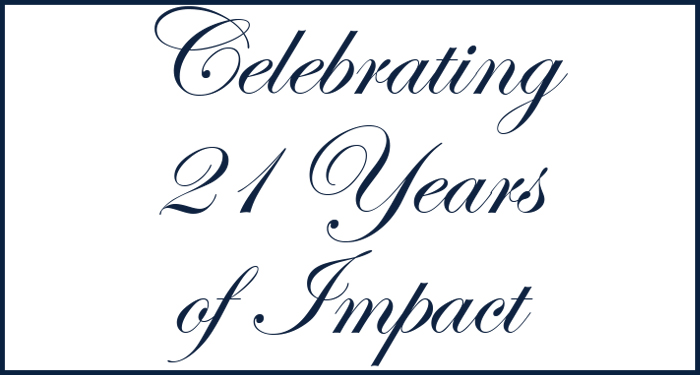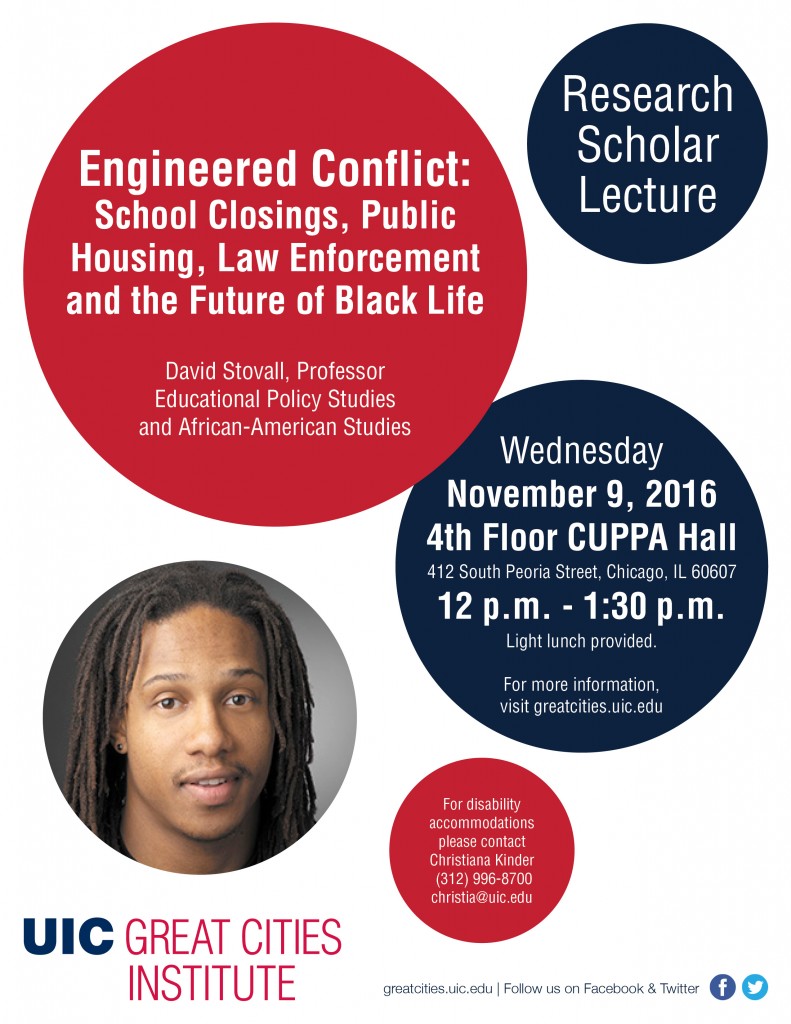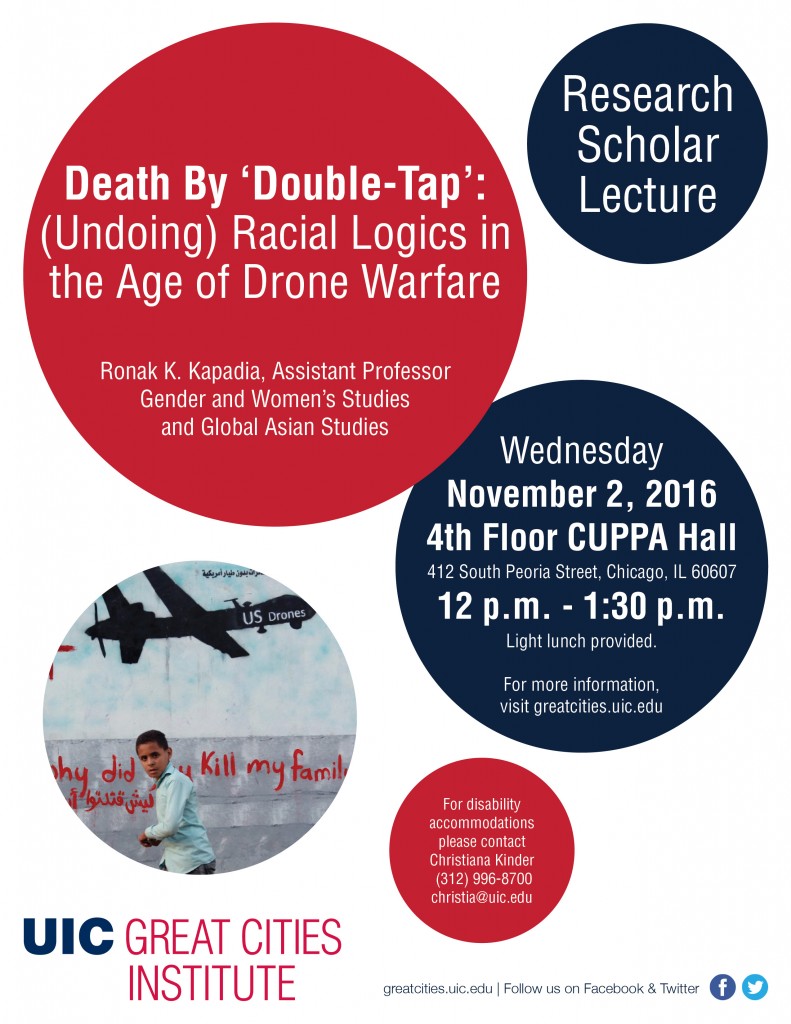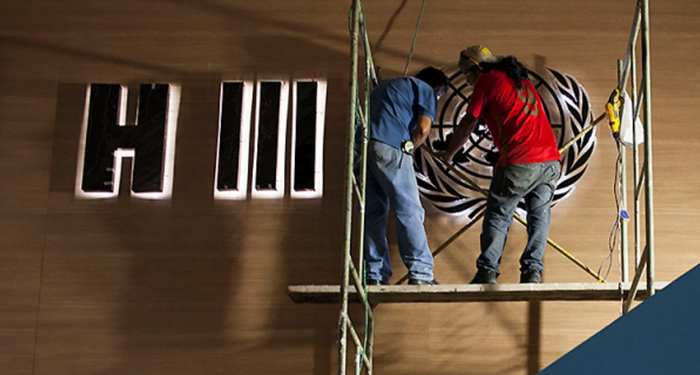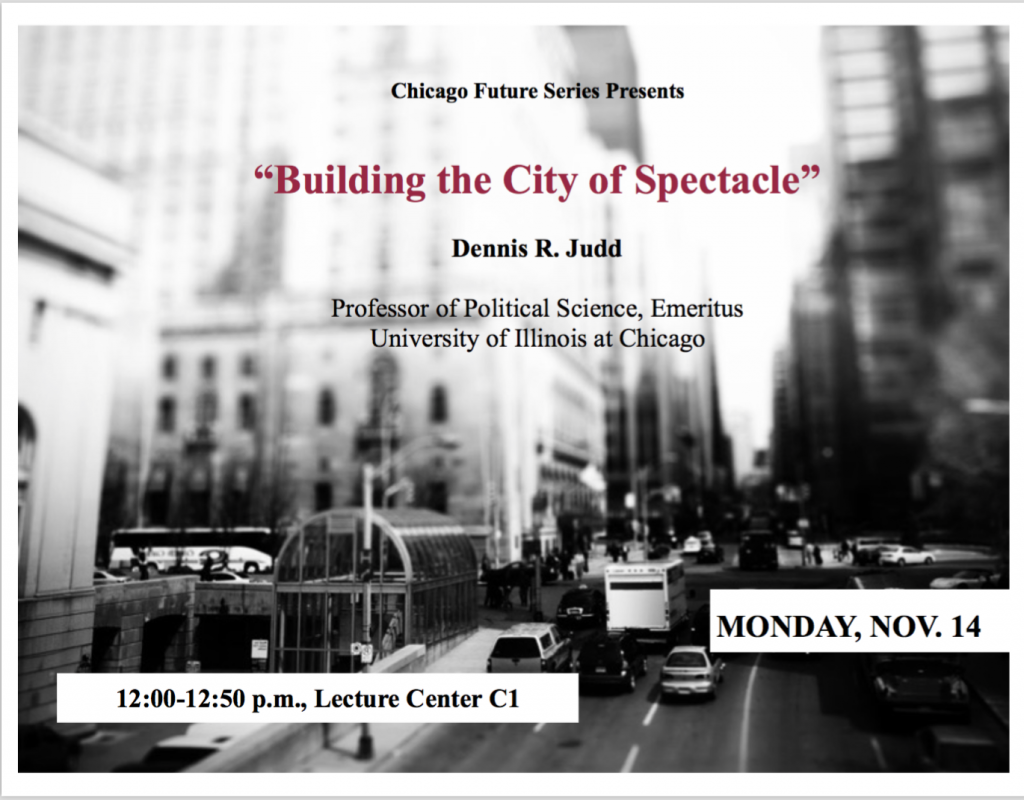
JOIN US FOR A BOOK SIGNING AND RECEPTION CELEBRATING THE LAUNCH OF
“Building the City of Spectacle”
By Costas Spirou and Dennis R. Judd
Monday, November 14
1-2 p.m.
University of Illinois at Chicago
Richard J. Daley Library
Special Collections and University Archives
801 S. Morgan St., 3rd Floor
Chicago, IL 60607
For questions and to RSVP, contact Andrea Smith at andsmith@uic.edu.
Light refreshments will be served.
Copies of the book will be available for purchase at the event.
The book signing and reception follow a talk given by Dennis R. Judd as part of the Future of Chicago lecture series at 12 p.m. in Lecture Center C1, 802 S. Halsted St.
Dennis R. Judd is professor emeritus of political science at the University of Illinois at Chicago. He is coauthor of “Restructuring the City” and coeditor most recently of “The City, Revisited.”
